2 min read
Gospel-Centered from the Start
“Let us hold unswervingly to the hope we profess, for He Who promised is faithful…Jesus Christ is the same yesterday, today, and forever.” (Hebrews...
This is the third part of a series by UGM Marketing Director Barbara Comito.
So far in this series, we’ve pretty well established that God does indeed love the poor and that he calls us to love them, as well.
At the risk of sounding like the legalist whose question prompted Jesus’ parable of the Good Samaritan, I still find this question a valid one: Who are the “poor” people whom God calls us to love?
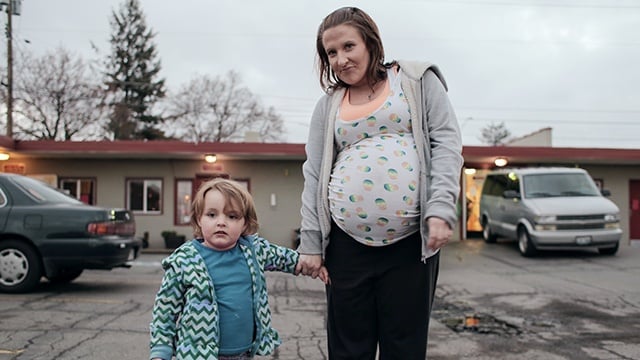
A quick internet perusal yields the following comparative statistics between poverty in the United States and global poverty:
The numbers clearly indicate that the poor in the United States are not the poorest of the poor. Does that then mean that we should focus our charitable giving on developing countries where poverty is more severe? Does it mean that the poor here in our own country are not really poor and therefore not deserving of our compassion and generosity? Or, to be incredibly blunt, is God talking strictly about third-world poverty when he commands our generosity?
Let’s add a few more numbers to the mix:
Perhaps comparing levels of poverty is a little like comparing the drowning with the really drowning. They’re all drowning.
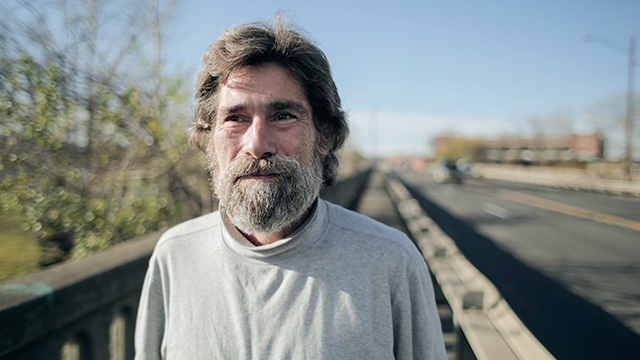 Expanding the definition
Expanding the definition
A meaningful definition of poverty demands that we move beyond strictly material measures. While Scripture contains 400 references to caring for the poor, there are 3,000 calls to justice for the oppressed, the widow and the orphan. The Beatitudes refer to the "poor in spirit," and when Jesus quotes Isaiah 61, in addition to "good news for the poor," he mentions sight for the blind and freedom for the captives.
In the 1990s, World Bank surveyed over sixty thousand of the financially poor throughout the developing world and asked how they described poverty. … The poor did not focus on their material need. Rather, they alluded to social and psychological aspects of poverty… Poor people typically talk in terms of shame, inferiority, powerlessness, humiliation, fear, hopelessness, depression, social isolation, and voicelessness. (Institute for Faith, Work & Economics)
When clients of Hope International in Rwanda (poor by any measure) were asked how they would define poverty, they responded:
Poverty has been shown to have close ties to violence, criminal behavior, high-school dropout rates and adverse childhood experiences. The issues overlap and bleed into each other, making it difficult to tell which is the cause and which is the effect.
As I read commentaries on the poor in the Bible, one parallel with guests of the Union Gospel Mission leapt out at me: the absence of family support. Consider these words from Jerome Neyrey, a theologian at the University of Notre Dame:
First, remember to shift cultural gears when reading about ‘poor’ in the Bible. ‘Poor’ was much more than an economic calculation, because the most valuable thing one possessed at that time was family, who alone provided food, clothing, shelter, loyalty and support. To lose family meant immediate descent into the ranks of the “begging poor.”
Often I have thought that the most prominent distinction between UGM residents and me and my circle of friends is the absence of a safety net, a network of support, people to call upon when my world is falling apart. This is true poverty: to be alone in the world.
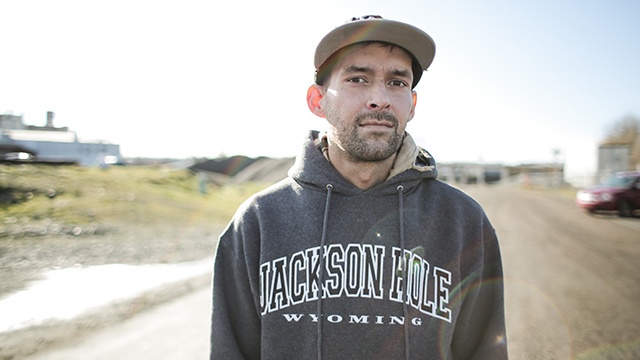
And perhaps that brings us back to the story of the Good Samaritan I mentioned earlier. The legal expert asked Jesus, “Who is my neighbor?” He wanted to know whom he needed to love to fulfill the second-greatest commandment. Jesus turned the question around to focus on the heart and actions of the man himself.
I asked, “Who are the poor?” And, as I researched the answer, I felt the focus shifting back to me. Are my eyes open to the needs of those around me? Is my heart moved by the pain and sufferingof others? And how do I respond when I encounter poverty of body and soul?
For more about God's love for the poor, download our free e-book, God Loves the Poor.

2 min read
“Let us hold unswervingly to the hope we profess, for He Who promised is faithful…Jesus Christ is the same yesterday, today, and forever.” (Hebrews...

9 min read
To celebrate 75 years of serving the Inland Northwest, we are spending the year remembering our history and the faithfulness that built us and...

2 min read
In 2026, Union Gospel Mission Inland Northwest is approaching our 75th Anniversary! This is a milestone that invites gratitude and reflection, and...
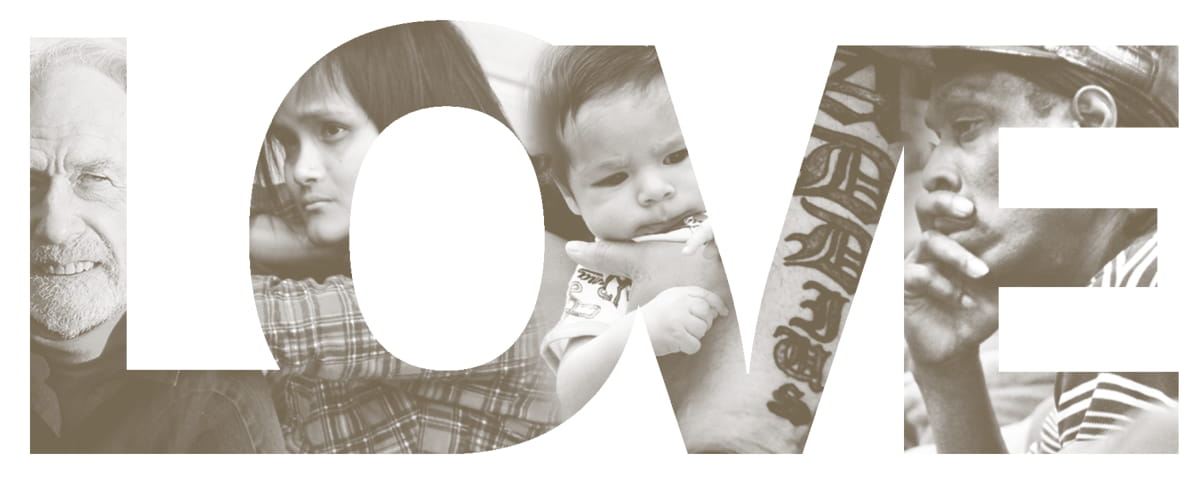
In her last post, Barbara revisited what the Bible says about God's instruction for us to "love the poor." Here, she digs deeper into what that...
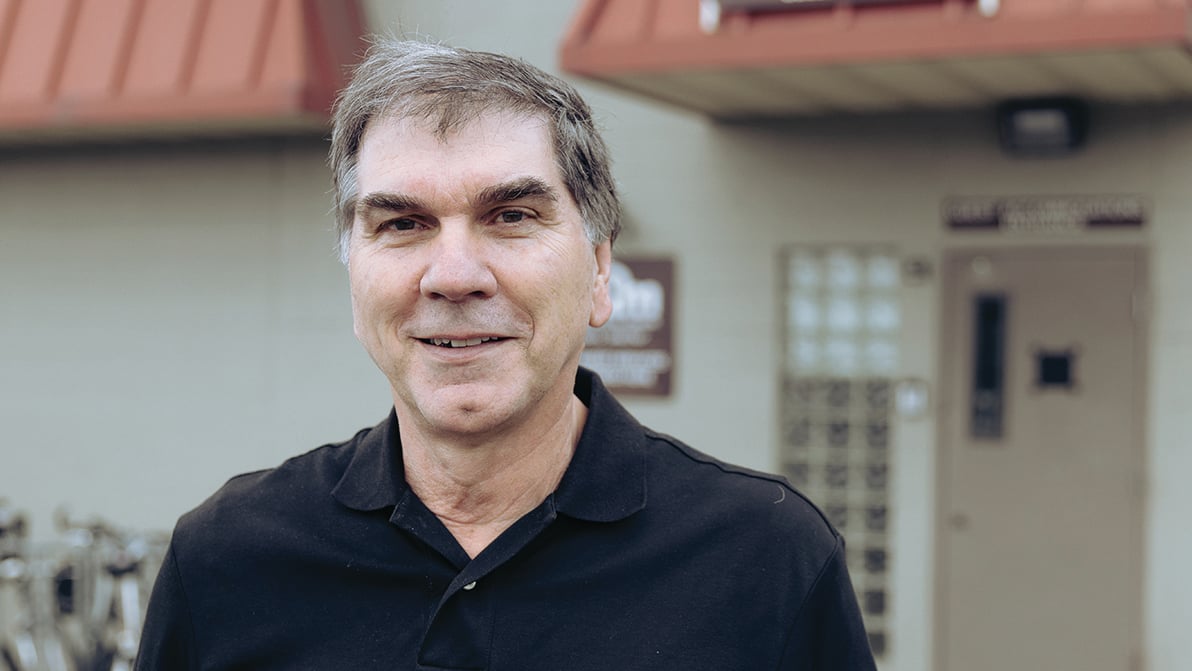
Sometimes I think of this ministry and all the resources you have provided like the great feast Jesus describes in the gospel of Luke. Because of...
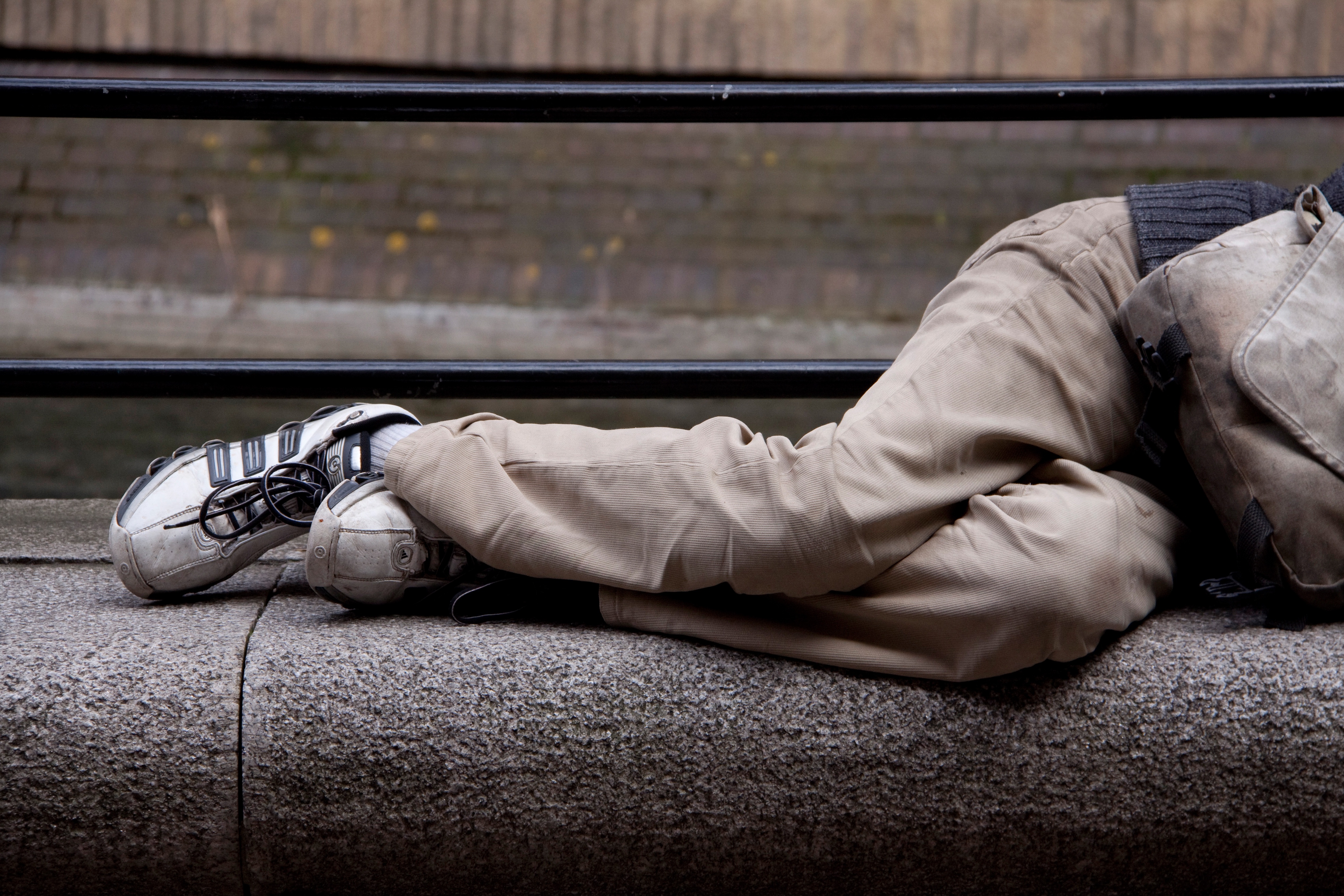
Editor's note: This is Part 1 in a three-part series about loving the poor. Part 2 explores the meaning of the word "love"in this context, and Part 3...